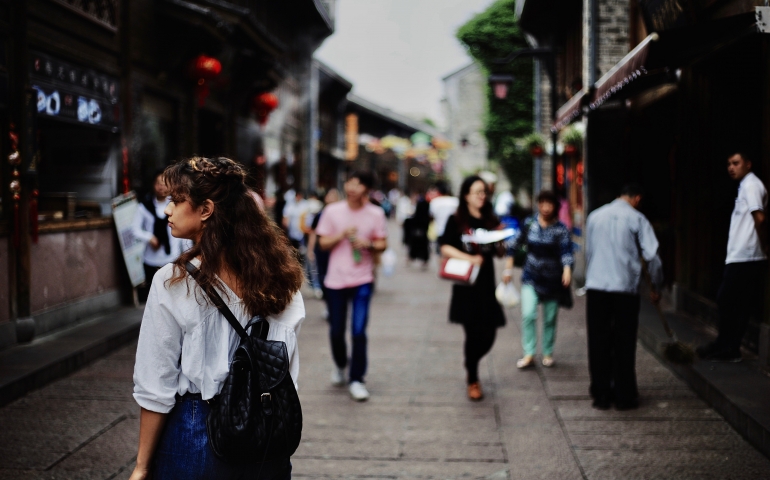Southern Nazarene University (SNU) presents students with incomparable learning opportunities, many of which are offered through SIMs and study abroad programs. However, the common denominator that is either brushed aside or blown out of proportion is the safety precautions that should be taken when traveling outside of the United States.
Traveling abroad, whether for studies or for missions, provides life-changing opportunities to students who are willing to seek and take the advice necessary to stay safe on their journeys.
Professor Eileen Ruger advises students to learn everything that they can about the cultures that they will be traveling among. This means studying not just conversational norms, but the culture’s laws, the tendencies of law enforcement and transportation customs. By understanding these factors, students can more easily watch for behaviors that are unusual within that particular culture that may send up red flags.
“Things that we don’t think about that would make us safe here don’t make us safe there,” said Ruger. “We know how to read our own culture. We know how to take precautions to where we are relatively safe. We use common sense. We just have to find out, when we go to another culture, what is common sense to them.”
She stressed that understanding their culture and attempting to blend in helps to minimize the danger of being a victim to crime abroad. If you do not look like a vulnerable foreigner, chances are you are less likely to be targeted.
On the other hand, Ruger stressed that students who are debating whether they should travel abroad for missions or school should not let safety be their deciding factor. If students travel smart, use common sense and remain aware of their surroundings, they can still enjoy and grow from their time outside of the United States.
Jacey Parkhurst, who studied abroad last semester, said, “I felt more safe walking around Vienna than I have ever felt in downtown OKC.” During her time in Vienna, she used the common sense that Ruger discussed, and in doing so, she was able to get the most out of her trip.
Parkhurst also urges students to learn as much as they can about studying abroad and the culture that they will be surrounding themselves with. “Talk to people who have been to the location where you would like to study. Chances are, where you live will be just as safe as where you are interested in studying,” she said.
“We can develop a mindset that other places throughout the world are less developed and sketchier than the United States,” said Parkhurst. That simply is not that case, though. The people in cultures that students visit and study in, Ruger said, are not living in chaos. They are functioning societies that we must simply learn more about and prepare for. So, if students are mindful of cultures and their surroundings, they will be more open to what God has for them abroad.
(Photo by Daniel H. Tong on Unsplash)
